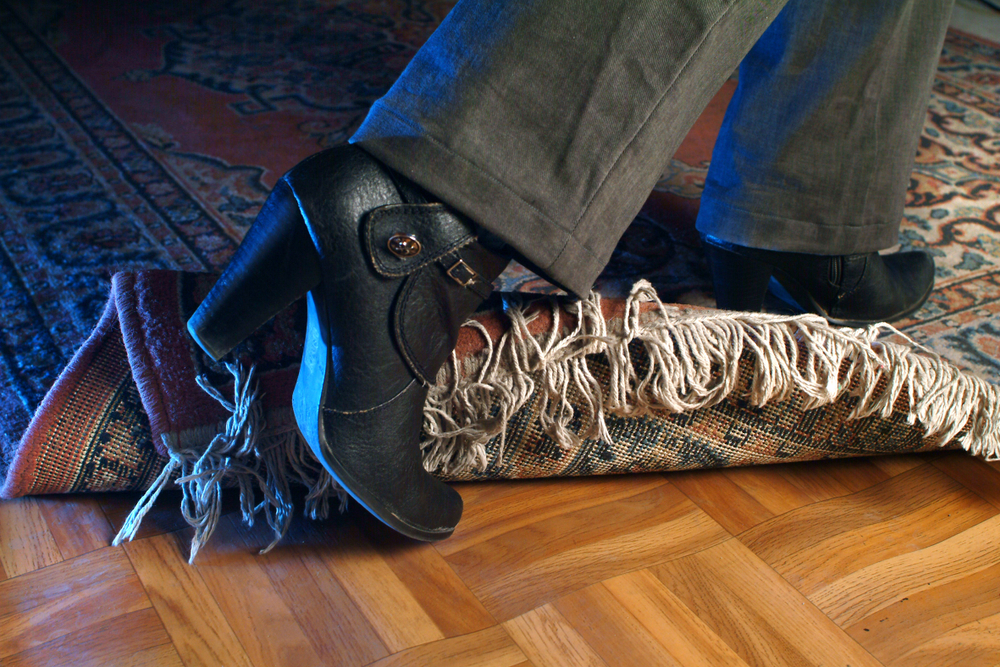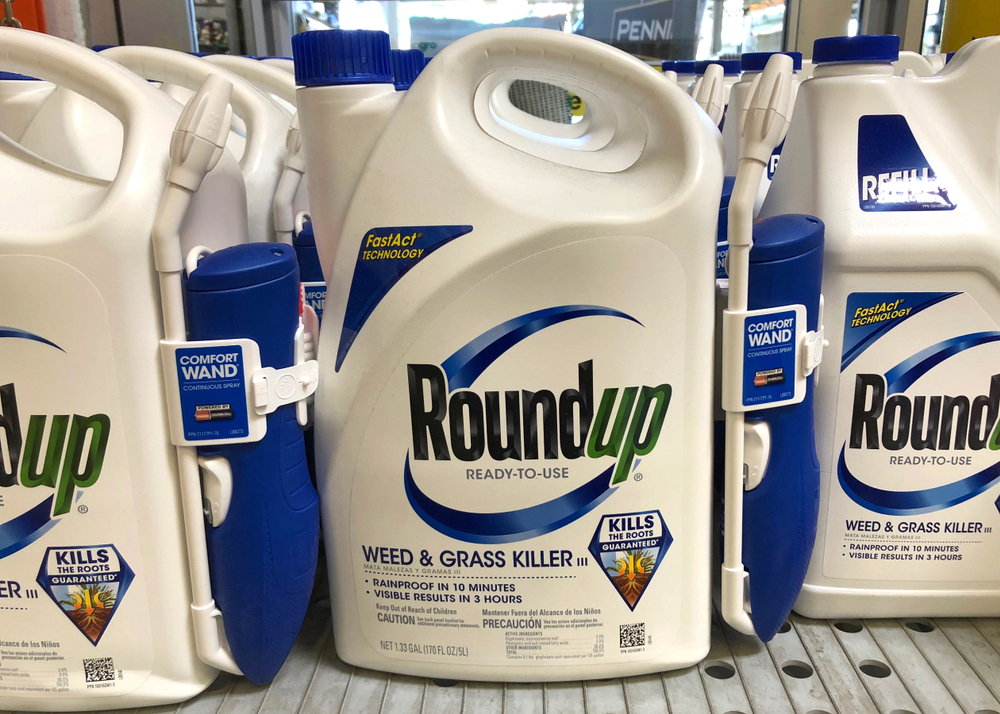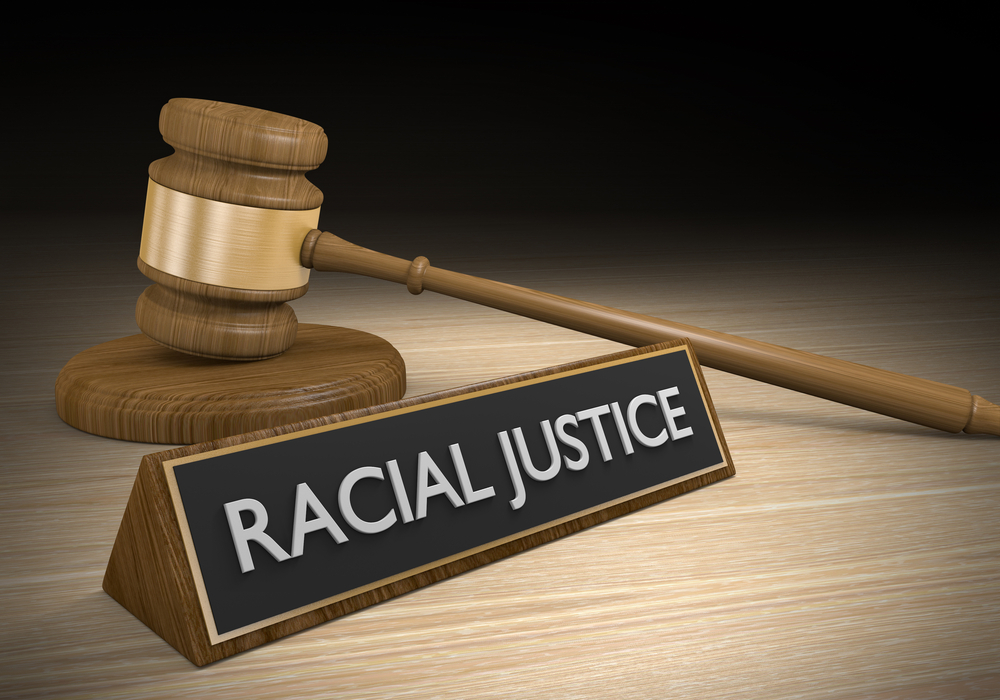You have finally purchased a home, be it a summer home in the mountains or at the beach, a tiny suburban dwelling or a ski resort townhome. One of the things you’ll want to do is protect yourself from liability with a solid insurance policy and by taking steps to ensure your property is safe.
Injuries do not just happen on a slippery grocery store floor. When they happen at a home, the property owner can get sued.
“The best way to avoid liability is to prevent injuries on your property in the first place and protect yourself with a solid insurance policy in the event the unavoidable and unexpected does occur,” according to the American Bar Association.
Some of the ways injuries occur can be avoided by just using common sense. Walk the property inside and out looking for potential threats, says J. Terrence Grisim, a security expert with Safety Management Consultants in Elmhurst, IL.
“Inside the house, one of the biggest problems for seniors is throw rugs with no backing on which you can slip and fall,” he said. “My own mother, God rest her soul, had one of those things in her bathroom and I told her 10 times to get rid of it.” Then one day the phone rang because she needed to get to the hospital. “She slipped and fell on the darn thing. She broke her hip.”
RELATED: Small claims court: It may be the answer if you know the rules
RELATED: Know your rights when it comes to shocking medical bills
Slips, trips and falls are a massive piece of premises liability, probably the biggest, Grisim said.
“There are too many things to talk about,’’ he said. “You don’t want junk lying around that people can fall over, or holes in your yard.”
And do not even get him started on blow-up swimming pools.
“I understand people are killing one another in stores this summer for some of these blow-up pools and in most of the major municipalities, at least, they require you, if you have a pool, to have a fence so it’s not an easy access,’’ he said. “But I suspect a lot of people that are buying these pop-up pools don’t have fencing and that would be a very serious liability exposure.
“If you think of a massive cause of children’s death, one thing you’ve got to be immensely careful about is these pop-up pools. I have a 3-year old granddaughter and we have a 4-foot pool and the water is only a foot deep, but we can’t leave her alone for even a minute,’’ he said. “If you are tempted to leave those outside, some of the other neighbors could get in them. It is called an attractive nuisance.”
His advice is to either put up a fence to secure the pool or let the water out of it every time it is used.
“A lot of this stuff that can happen are maintenance problems, things like holes in sidewalks, no railings and broken concrete that people can trip on,” Grisim said. “Again, you’ve got a situation where your laws vary. Where I live, we have public sidewalks and they are owned by the city and if they break, the city has a program to fix them, but the homeowner has to pay half the price.”
Lawyer Eric Washburn, who practices in Virginia Beach, has handled cases where maintenance problems were detected, but not acted upon.

“Basically, from a property owner’s standpoint, they are not doing regular inspection,” he said. “A lot of times they see a dangerous condition, but they are not taking steps to either warn the injured party or they are not taking the action that is needed to be done at the time it is discovered. They note it, but don’t do anything. “
An example of that is a case he handled for a family that rented a house on the Outer Banks. The children were all playing outside after dinner and one slipped into the pool area, because the gate latch did not work properly. The child was injured, Washburn said.
Beach communities can face specific hazards because salt water will cause screws, latches and other hardware to corrode, he said. “How many times have you heard about a family posing for a picture on a deck and it collapses?”
Get premises liability coverage
According to Allstate, a good premises liability policy is a must.
“Liability coverage may help pay for medical bills that result from a visitor's accidental injury at your home — and help prevent you from paying those costs out of pocket. Even if that person has health benefits, you could be held responsible for the expenses if it's determined that the injury happened as a result of your negligence — like if you failed to fix a broken porch step, for example.”
If a person is injured while on your property and the injury keeps them out of work, a property owner may be found legally liable for the earnings they lose. And if a property owner is sued for premises liability, getting a lawyer may be a good move, the insurance company recommends. The policy insuring a property owner against liability, in some instances, may help to cover legal expenses.
Even with a good policy, there are some exclusions to home liability coverage, including if someone purposely inflicts injury on themselves, Allstate says.
“For example, you may be covered if someone accidentally trips and falls down your stairs — but if it's intentional, it probably wouldn't be covered by insurance. Personal liability coverage would also not provide coverage for an injury to you or family member who lives in the house.”
Liability is determined differently in each state. In some instances, the court will focus on the status of the person injured to determine liability. In other states, it may focus on the condition of the property and the activities of both the visitor and the property owner. Even in an apartment, in some states, the tenant is treated in the same manner as a homeowner when it comes to premises liability.
Liability protection standard for home insurance
In addition to insuring your property and belongings, a standard homeowners’ policy will also include liability protection, according to the Insurance Information Institute.
The liability portion of a homeowners’ policy pays for the cost of defending you in court and any court award up to the policy’s limit, which generally starts at about $100,000, according to the institute.
“However, it’s a good idea to discuss whether you should purchase a higher level of protection with your insurance professional,’’ the institute says. “If you have significant assets and want more coverage than is available under your homeowners’ policy, consider purchasing an umbrella or excess liability policy, which provides broader coverage and higher liability limits.”
Look for issues on the property
The American Bar Association makes the following suggestions:
- Repair steps and railings
- Cover holes
- Fix any uneven walkways
- Install adequate lighting inside and out
- Clear walkways of ice and snow quickly
- Pick up children’s toys from steps and sidewalks
- Get rid of slippery throw rugs
- Reroute any extension cords that might be a tripping hazard
- Repair frayed electrical cords
- Lock up poisons and cleaning supplies, even if you do not have children.
- Warn guests in advance about icy conditions and other hazards
- Restrain your pets
- Erect barriers to your swimming pool
- Keep guns securely locked and out of sight
- Do not let guests drink and drive or drive under the influence of drugs














